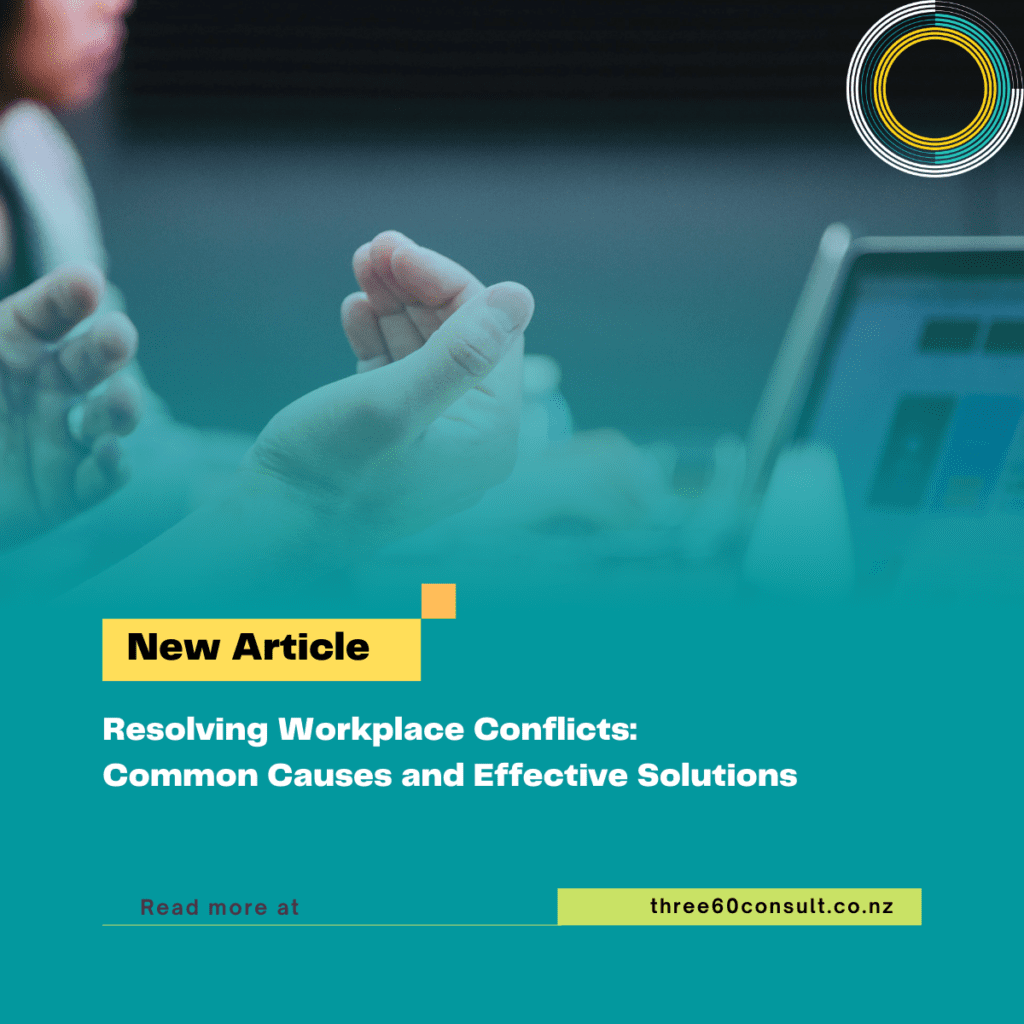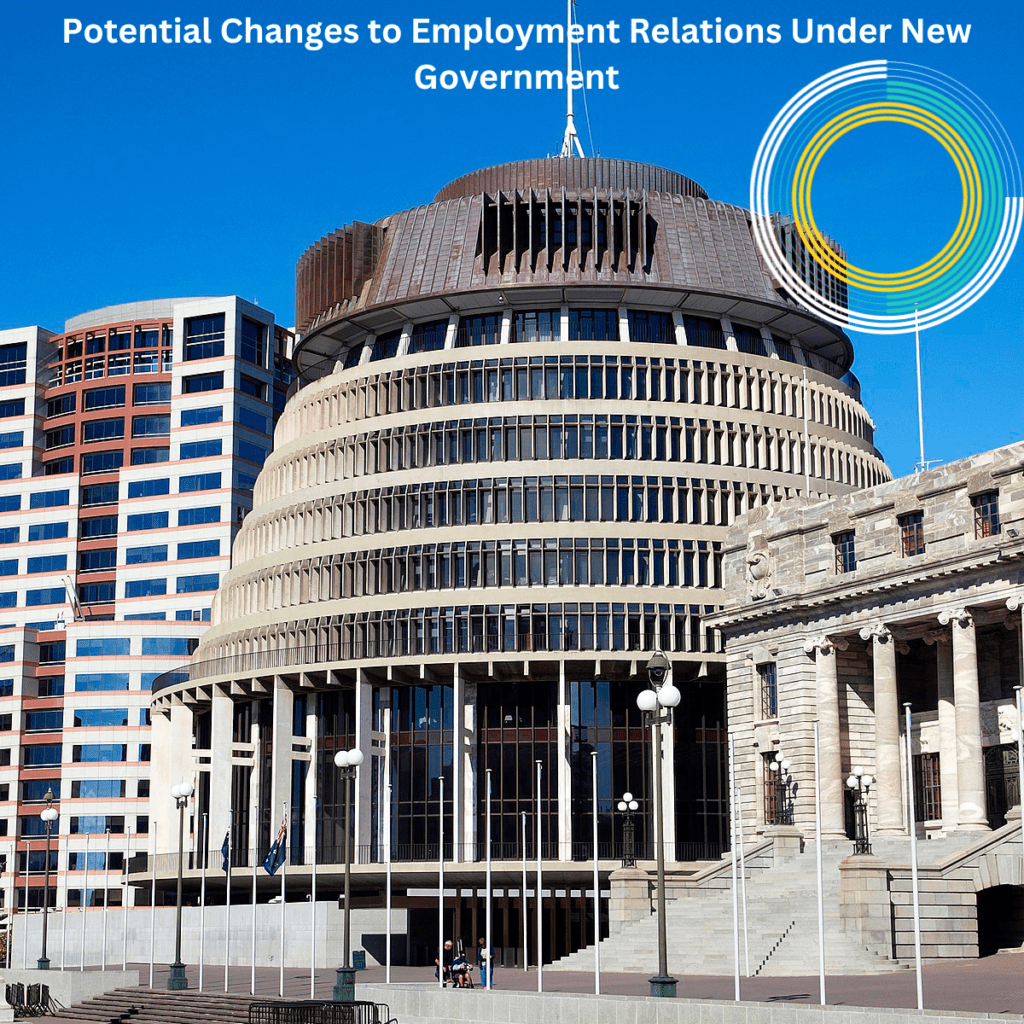The Worker Protection (Migrant and Other Employees) Bill has been passed, marking a significant milestone in protecting vulnerable workers in Aotearoa New Zealand.
This will take effect on January 6, 2024. The legislation introduces amendments to the Immigration Act 2009, the Employment Relations Act 2000, and the Companies Act 1993.
The Worker Protection Act constitutes the final component of the comprehensive Migrant Worker Exploitation programme package. This package includes a dedicated 0800 reporting line and webform, joint compliance efforts by the Labour Inspectorate and Immigration New Zealand, a support liaison service specifically tailored for exploited migrant workers, and proactive information and educational campaigns aimed at preventing exploitation.
At its core, the Act is designed to establish a robust system of offenses and penalties, with the primary aim of deterring employers from exploiting migrant workers. Among its key provisions, employers will be legally bound to respond to the requests of the Labour Inspectorate within 10 working days, including the provision of employment-related documents. Failure to comply within this timeframe will result in an infringement offense.
This represents a significant step forward in addressing migrant worker exploitation in Aotearoa New Zealand. By introducing new infringement offenses, this will address lower-level breaches which often lead to more severe exploitation.
Also under this legislation the High Court has been granted the authority to disqualify individuals who have been convicted of exploiting illegal employees and temporary workers under the Immigration Act 2009, or involved in trafficking in persons offenses under the Crimes Act 1961, from serving as directors of New Zealand companies.
All employees in New Zealand, which includes migrant employees, are expected to be provided by law with a range of minimum entitlements, including; written employment agreements, paid rest breaks and unpaid meal breaks, minimum wages, annual leave, sick leave, bereavement leave, parental leave, and domestic violence leave, public holidays, and accurate accounting of wage and time records.
At Three60 Consult, we offer a range of services and employment relations advice including knowing your rights and obligations as an employee, and for employers, making sure that your employment agreements and policies are up to date including relevant legislative amendments. We can help to ensure your policies and agreements are fit for purpose and meet the legal requirements.
If you employ migrant workers we have experts in this field who can offer advice, and answer any questions you may have.
Get in touch with Three60 Consult today to find out more.









